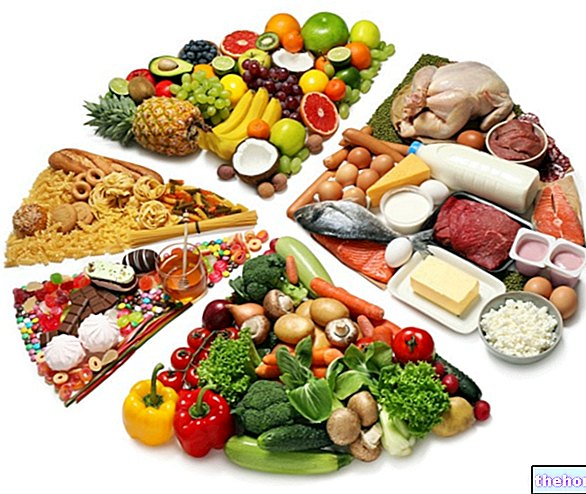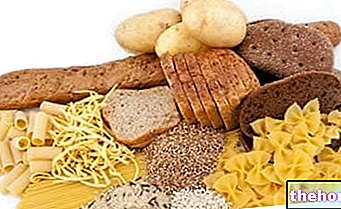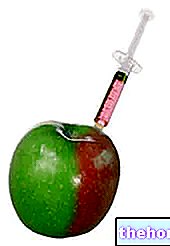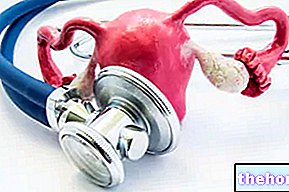The function of food is to provide the energy and nutrients necessary to support the biological functions of the organism that takes them on.
In addition to being a source of nutrients (proteins, carbohydrates, lipids, vitamins and mineral salts), foods can also contain different components, which carry out defined functions in the organism, with positive or negative effects.
The positive effect is carried out, for example, by compounds such as taurine, choline and inositol; these are substances with essential functions but which, being synthesized by the organism, are not considered indispensable.
In food we therefore have two types of substances: essential and non-essential; the former must intervene constantly, while the non-essential ones can intervene in case of deficiency, poor saturation and problems of various kinds; in fact, even if our organism is able to synthesize them, in certain circumstances it may not be able to do it adequately or in sufficient quantities; here then the "contribution from the outside" can become very important. It is no coincidence, therefore, that supplements do not contain exclusively nutrients considered essential, but a more complex system of substances. This variety of components is a natural characteristic of some foods, especially those of plant origin, and here comes the concept of balanced nutrition.
Plant-based nutrients with potentially beneficial effects:
terpenes, carotenoids, polyphenols, anthocyanins, flavonoids. Some polysaccharides, such as starch for example, can have a positive effect on the intestinal microflora.
Constituents with an adverse effect include:
enzyme inhibitors of proteases or amylases, metal chelating compounds (phytates, oxalates) protein chelating compounds (tannins), antivitamins, factors that hinder the absorption of nutrients (lecithins or haemagglutinins) and phytoestrogens. Actually many of these substances they are beneficial in small doses and only if these are overcome the negative effects prevail (hence the need not to abuse specific supplements, but to follow the instructions on the label).
Toxic substances: glycoalkaloids, cyanogenic glycosides, favism factors, toxins of various origins (from fungi and fish).
Xenobiotics, i.e. substances from external contamination, of an inorganic, organic and biological nature
Derivatives of technological treatments.




























